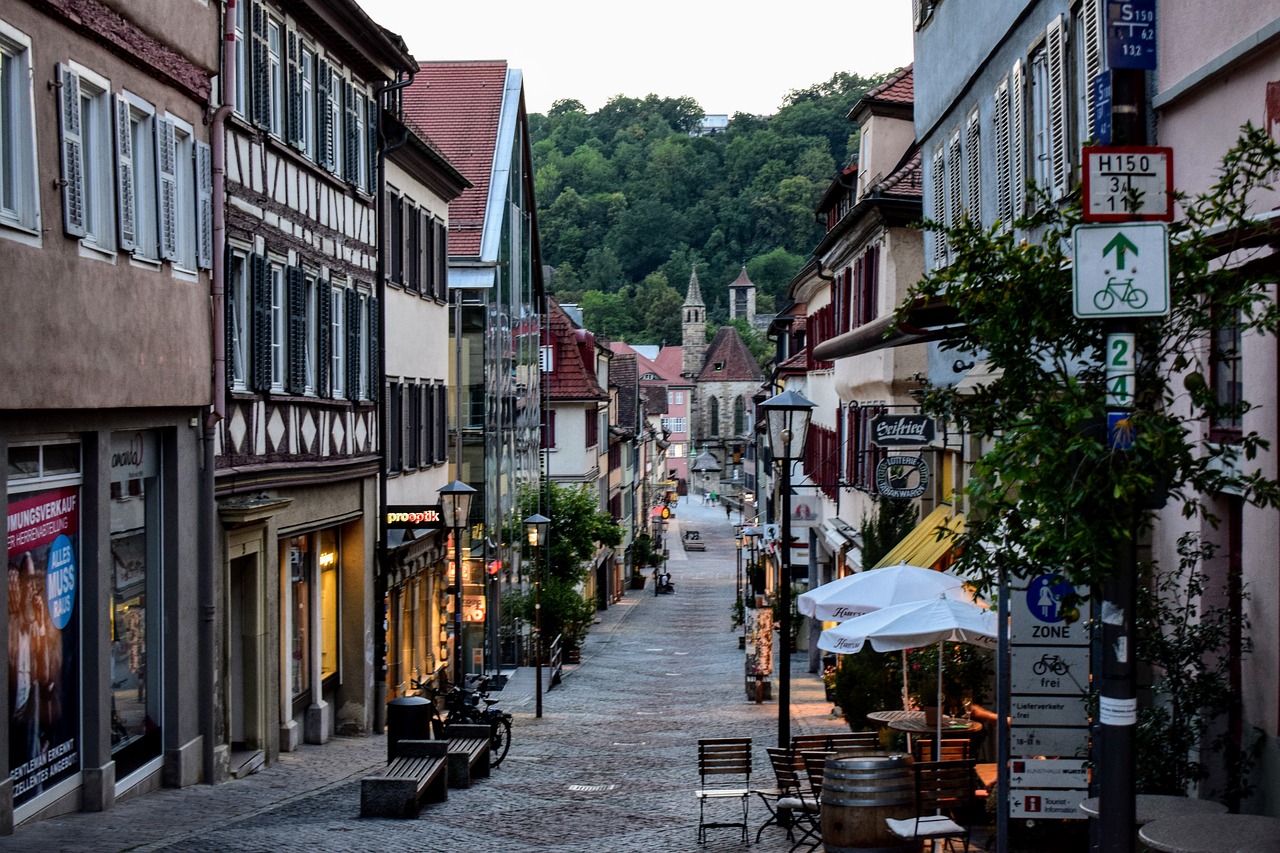The EU is struggling to decarbonise its buildings, most of which are heated by fossil fuels that spew planet-heating gasses. But it has the technologies to go green. The bigger problem, experts say, is overcoming the barriers to rolling them out — convincing people to change their behaviors and their homes, and bringing down the price of cleaner alternatives.
When German economy minister Robert Habeck tried to ban the installation of new gas boilers from 2024 — a bid to cut carbon pollution and boost energy security — the country’s most powerful newspaper hit back hard. For weeks in May, headline after headline slammed « Habeck’s heat hammer » on the home screen and frontpage of tabloid Bild. Europe’s best-selling newspaper warned readers the law would smash their savings, destroy their retirement provisions and force intrusive renovations. Cracks quickly widened in the ruling coalition between the Greens, who want to heat homes mostly with electricity from renewable sources, and the Free Democrat Party calling for « technological openness » that includes burning a range of gasses. In cellars across the country, boilers that for decades had sat gathering dust were suddenly a symbol of the German energy transition and the culture war surrounding it.
Germany’s fight to heat homes without cooking the planet is playing out in countries across the continent. The technologies to meet the 1.5 degrees Celsius target in the building sector are there, but the social acceptance of the hassle and cost is not, said Adeline Rochet, an expert in decarbonising buildings at the climate think tank E3G . « In simple English, it’s going to be very […]
Click here to view original web page at www.cleanenergywire.org
